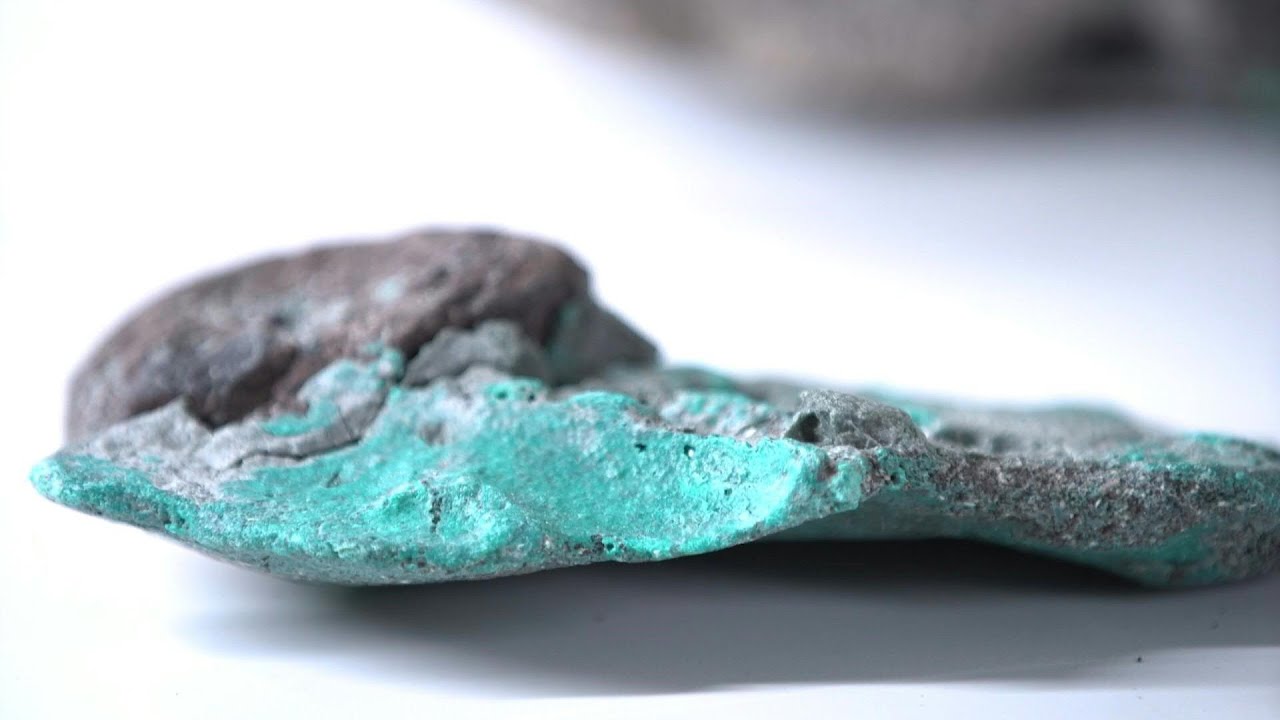El Hallazgo "Inquietante" De Rocas De Plástico En Una Isla Remota De Brasil
Unleash Your Creative Genius with MuseMind: Your AI-Powered Content Creation Copilot. Try now! 🚀
Introduction
In the remote volcanic island of Trindade, located in the South Atlantic, an astounding discovery was made - rocks made entirely of plastic. During a field expedition at a place called Praya de Hastatarugas, which is an environmental preservation zone, a geologist stumbled upon a material that appeared to be an artificial rock. Intrigued by this peculiar find, the geologist collected the material and brought it back to Curitiba for analysis.
Unearthing a New Type of Geological Formation
Upon closer examination, the geologist and her team identified these rocks as a new type of geological formation. These rocks were the result of the fusion of materials that the Earth has utilized to create rocks for billions of years, but now with the addition of plastic waste. The very idea that plastic has become an integral part of the Earth's geological cycle is mind-boggling.
Trindade Island, known for its pristine environment and minimal human occupation, is a place one would assume to be protected from the negative impacts of human behavior. However, the geologist was astounded by the amount of trash that washed up on the island's beaches, carried there by ocean currents. It is surprising and disheartening to see such pollution reaching even the most remote corners of our planet.
Plastic Rocks - A Global Phenomenon
This discovery on Trindade Island is not an isolated incident. Geologists have reported similar plastic formations in locations such as Hawaii, the United Kingdom, Italy, and Japan since 2014. However, Trindade Island holds the distinction of being the most remote place on Earth where plastic rocks have been found thus far.
The geologist returned to the island recently to collect more samples and delve deeper into this phenomenon. Her concern now is the potential environmental impact of plastic rock erosion. As these rocks degrade over time, microplastics could find their way into the surrounding ecosystem, leading to increased pollution in the island's food chain.
Conclusion
The presence of plastic rocks on Trindade Island is a stark reminder of the ubiquity of plastic waste and its enduring impact on our planet. Even in the most secluded and supposedly protected areas, the influence of human activity cannot be escaped.
This discovery emphasizes the urgency to address and find solutions to the global plastic pollution crisis. It is crucial for us to reduce our consumption of single-use plastics, improve waste management systems, and promote sustainable practices. Only through collective action and conscious choices can we hope to safeguard our environment from such alarming geological abnormalities caused by our own neglect.
